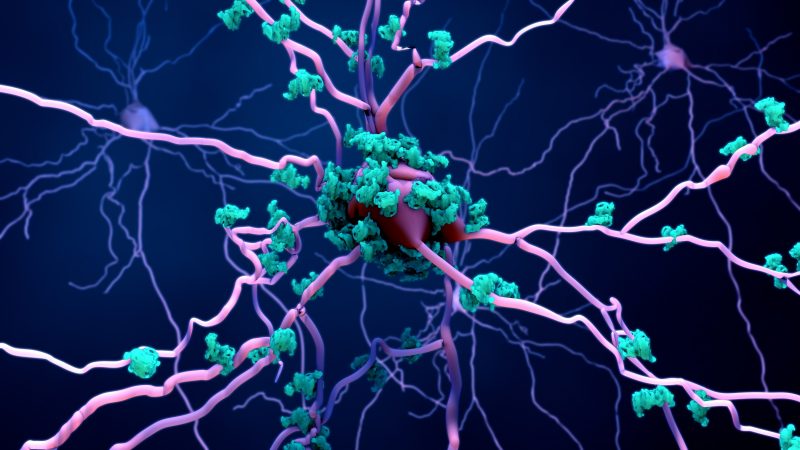Your brain, much like the rest of your body, creates waste which needs to be cleared by your body’s disposal systems and excreted just like other types of waste.
The system that takes out the brain’s trash, so to speak, is called the glymphatic system and plays an important role in brain health, particularly as we age. While researchers are still trying to fully understand the glymphatic system, there is no doubt that declines in its function can lead to the development of neurodegenerative conditions.
What is the Trash in Your Brain Made Of?
Neurons are the vehicle by which information travels through from the brain to other parts of the body, but when this happens, neurons consume a great deal of energy. In fact, the brain uses about 20% of the body’s energy, and in doing so, it creates a fair amount of waste that is left behind in the form of leftover proteins.
If the proteins remain, they will clump together and become toxic for the brain. This is particularly the case for the amyloid beta protein, which has been linked to the development of Alzheimer’s disease in older adults.
How Does the Glymphatic System Work?
In the rest of the body, the lymphatic system helps flush toxins and waste from organs and into blood vessels where it’s moved on to the kidneys and liver for processing and removal. The brain, however, does not participate in lymphatic functions. Instead it has its own flushing mechanism; the glymphatic system.
The key to glymphatic function is cerebrospinal fluid, which normally surrounds the brain, acting as a cushion between the brain and skull. As it turns out, it also performs the cleaning of brain waste.
According to a landmark study published in the journal Science Translational Medicine, special cells known as glial cells play an important role, particularly glial cells known as “astroglia” that have receptors which facilitate the flow of cerebrospinal fluid into the central nervous system. It then connects with the lymphatic system at the site of connective tissue between the two systems called the “dura.”
Once reaching the lymphatic system, the brain’s waste is moved and disposed of the same way other wastes in the body are.
The Importance of Sleep and Exercise
If you’ve ever woken up from a good night’s sleep feeling rejuvenated, there’s a good reason for that. Glymphatic flushes occur while we sleep, which helps support memory consolidation that takes place during sleeping hours.
A study published in the journal Neurology showed that poor quality sleep was linked with a buildup of biomarkers for Alzheimer’s disease.
Similar results were observed regarding exercise. It’s commonly understood that exercise can improve mood, memory function and decrease stress. But it also helps increase glymphatic function in the brain.
In the end, a clean brain is linked with clean living. Healthy sleep patterns and plenty of exercise are great ways to support the removal of waste from the brain and ensure neurological health in the long run. While genetics and diets are also important, older adults should keep in mind that lifestyle has an equally important role in making sure their brains are taking out the trash at night.
